Case Study: Marshall Street
The latest in our case study highlights Marshall Street and its innovative initiatives to build local capacity, advance equity, and empower school improvement.
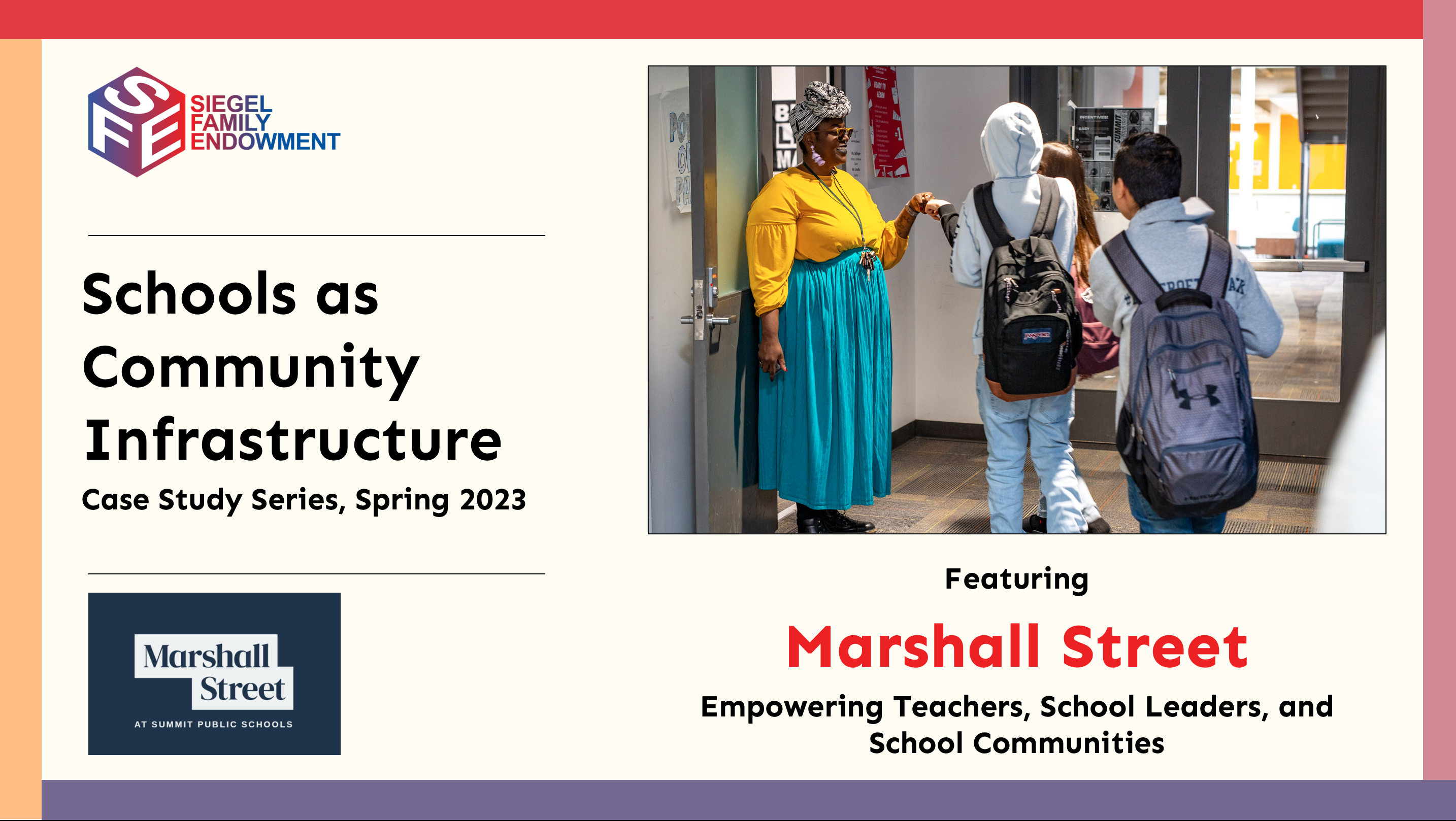
The latest in our case study highlights Marshall Street and its innovative initiatives to build local capacity, advance equity, and empower school improvement.
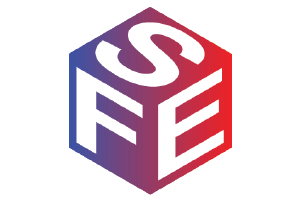
We are thrilled to launch a high level Research Advisory Council composed of leaders of research groups and experts working at the intersection of technology, social sciences, and its impact on society
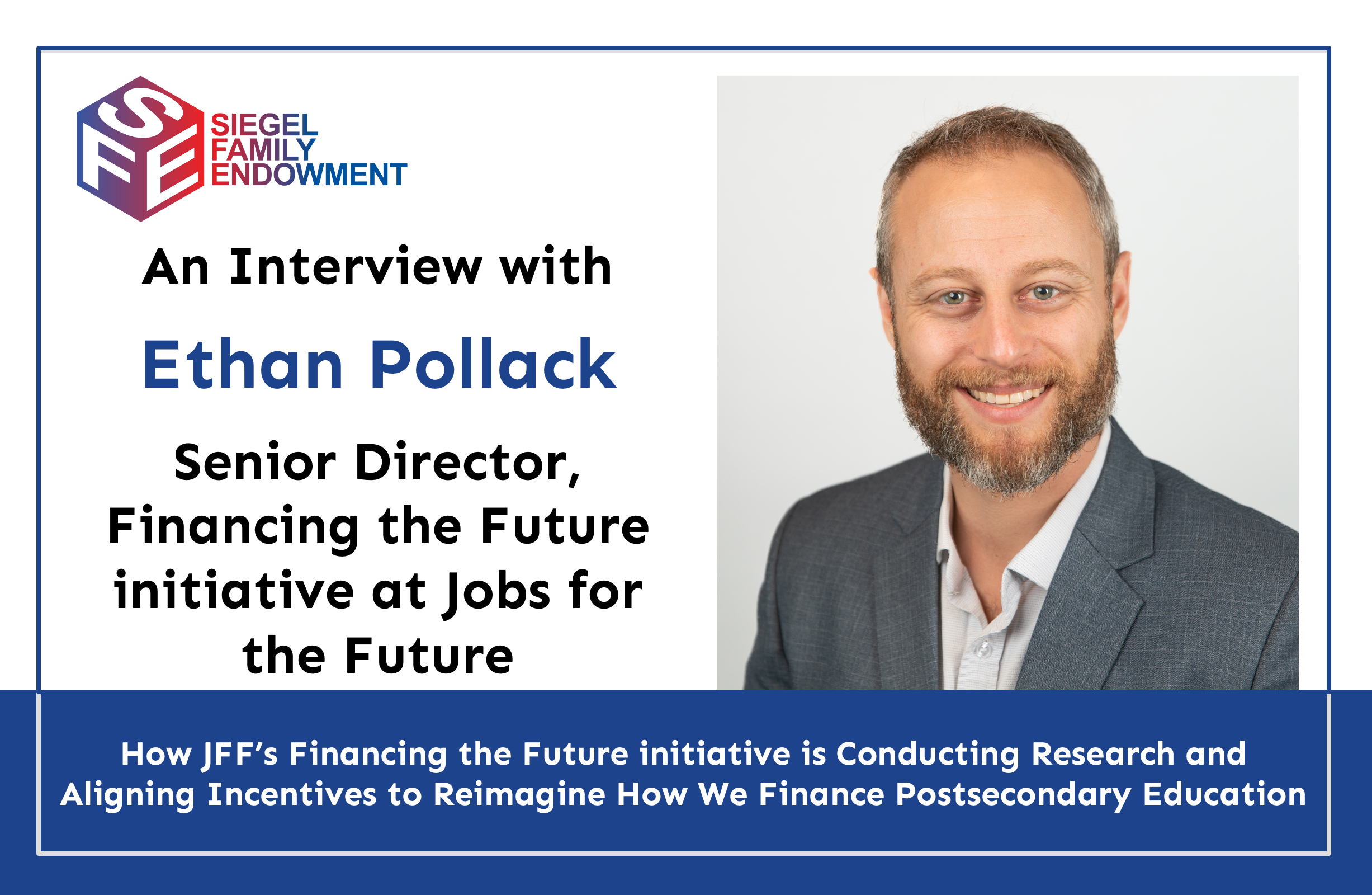
Income sharing agreements (ISAs) and other income-contingent funding models for postsecondary education and skills development have made plenty of headlines over the last few years in ways good and bad. On the eve of JFF’s annual Horizons conference, we sat down with Ethan Pollack, senior director of the Financing the Future initiative to understand the promise and pitfalls of income-contingent funding models, how providers can move to more student-centered models, and why stakeholders might not be as far apart as we might think.
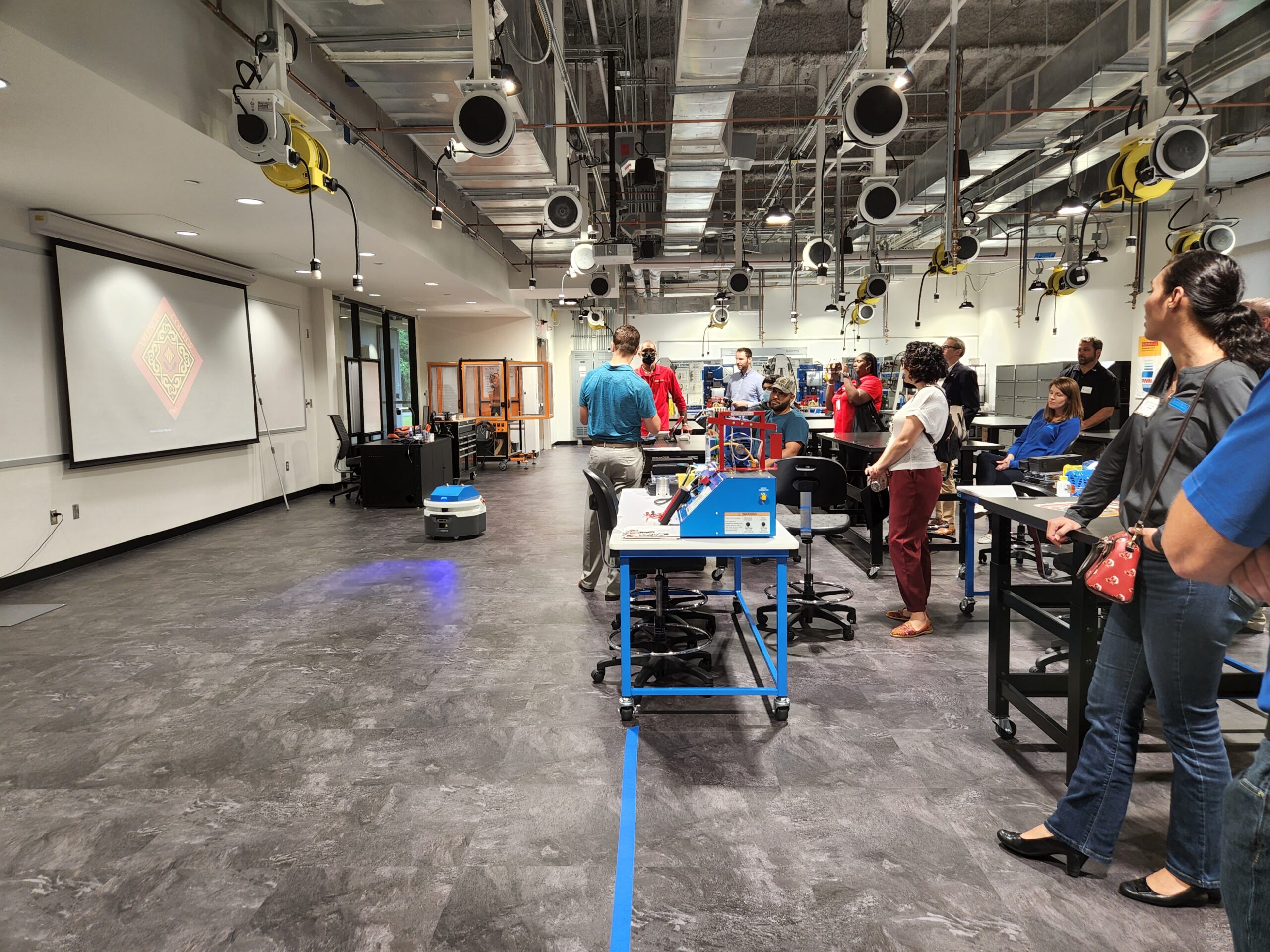
The second and third case studies in a series from The University of North Carolina at Chapel Hill Department of City and Regional Planning and the Urban Manufacturing Alliance examine partnerships between Manufacturing Extension Partnership (MEP) programs, workforce intermediaries, and other community stakeholders to create strong manufacturing sectors that offer well-paying careers in three urban regions.
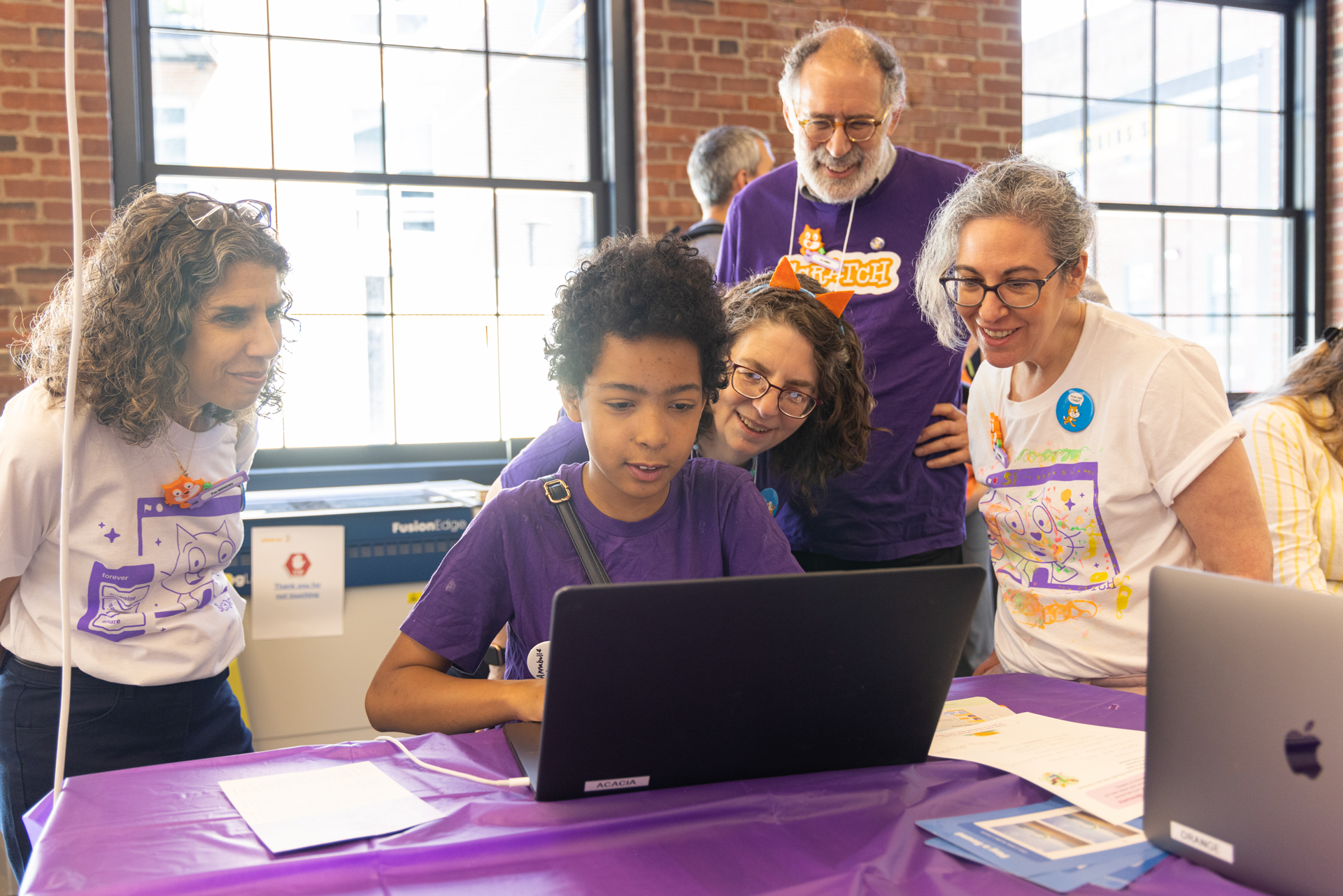
In this joint interview, Co-Executive Directors Mindee and Sarah discuss the power of Scratch in developing important skillsets, mindsets, and community for learners around the world, as well as how Scratch is evolving in response to what it’s learning.

Siegel Research Fellow Jakob Mökander, Visiting Scholar at the Princeton Center for Information Technology Policy, published a paper alongside collaborators at the University of Oxford which seeks to expand the methodological toolkit available to tech providers and policymakers who wish to analyse and evaluate LLMs from technical, ethical, and legal perspectives.

Leaders at CSforALL share their vision for new and better ways to think about “impact” – how it is defined, assessed, measured, and explained. This is part of a series about how our grantees think differently about impact.
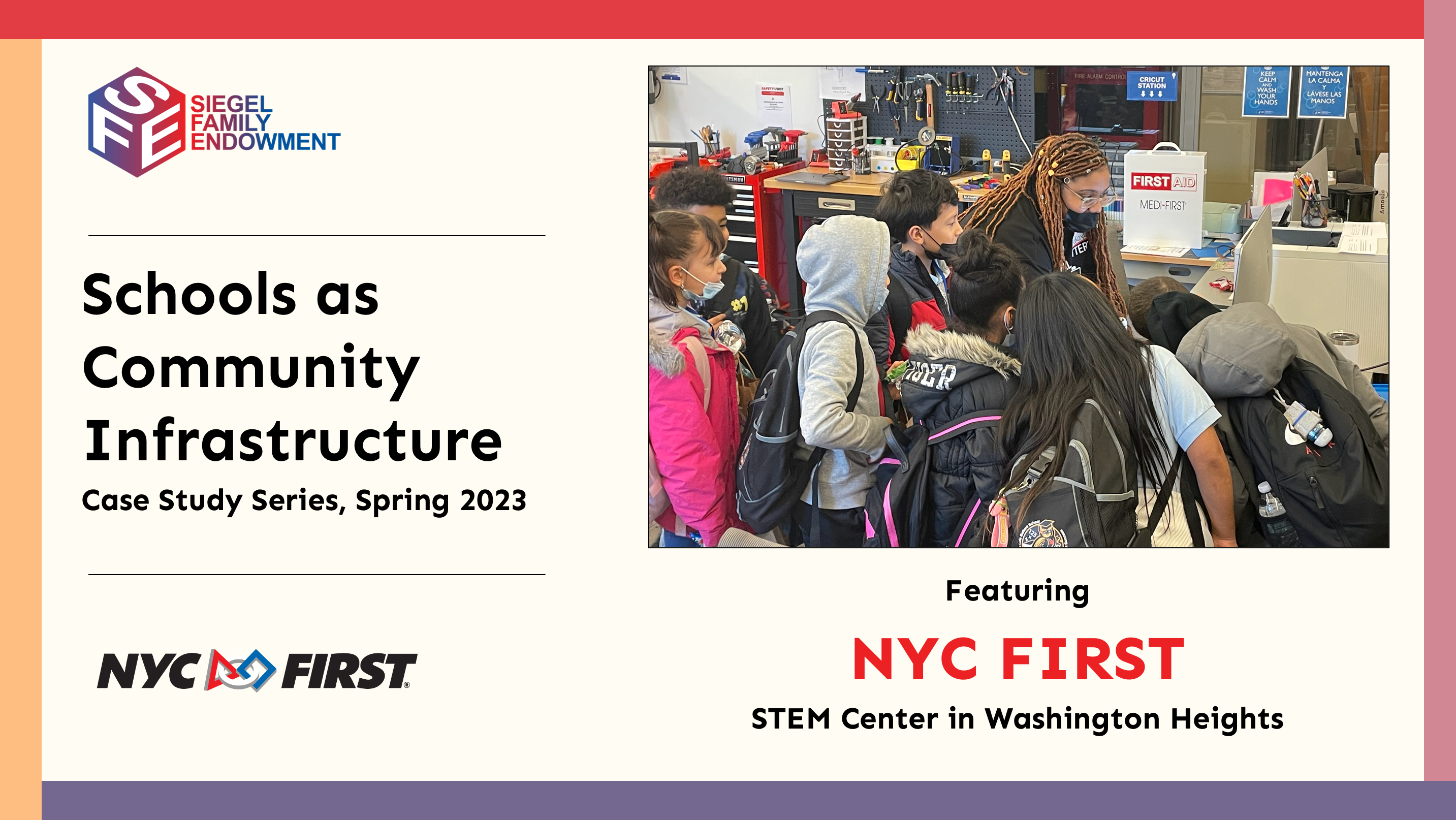
NYC FIRST runs a facility dedicated to STEM learning at the local New York Public Library branch. Though not physically housed within a school, the STEM Center partners deeply with the public K- 12 school district as well as with the community at large. In very tangible ways, it is bringing school into the community and bringing community into the school.
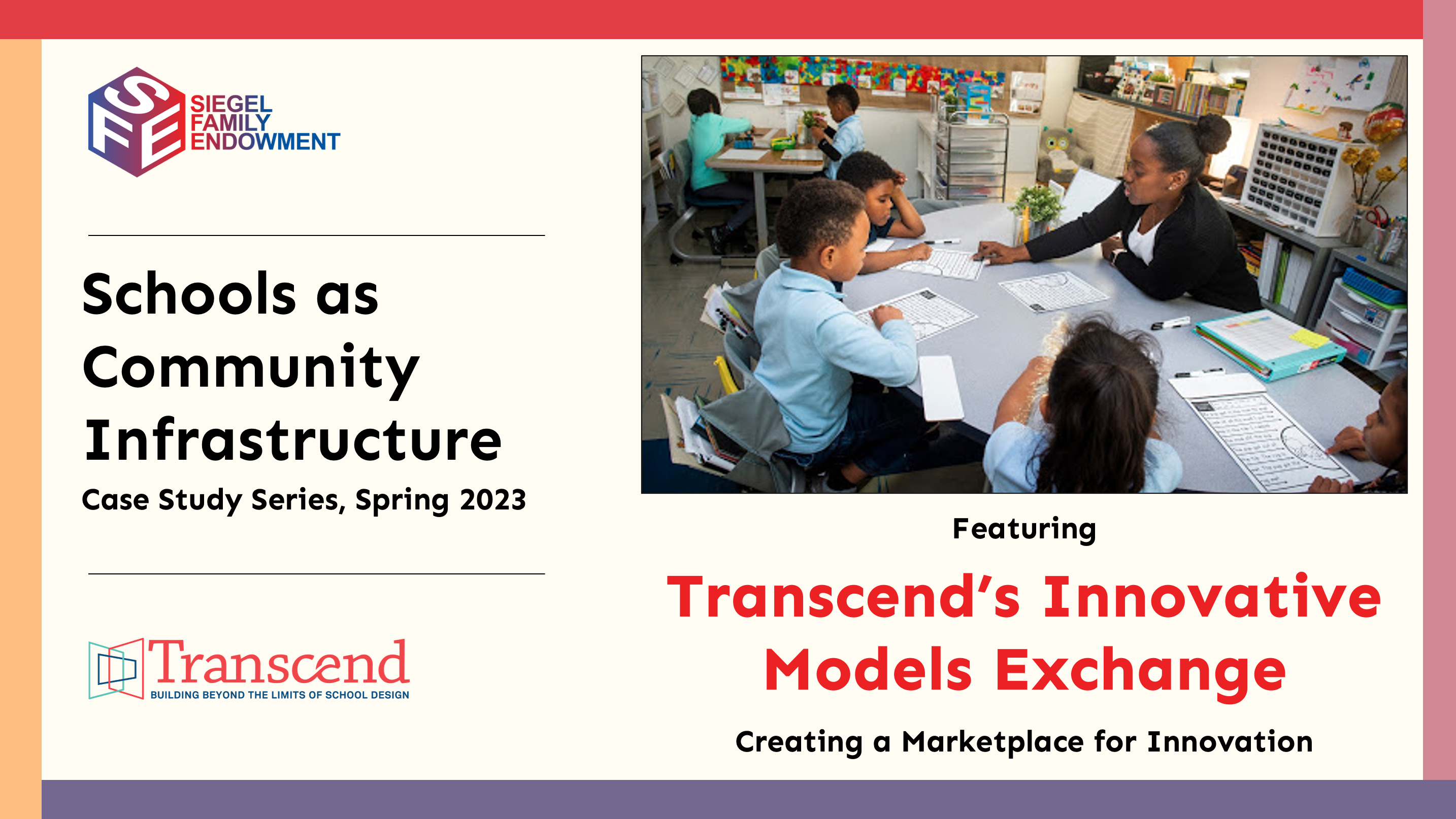
Transcend was founded on a belief that schools must be reimagined using a community-based approach, so all children can thrive in and transform the world.
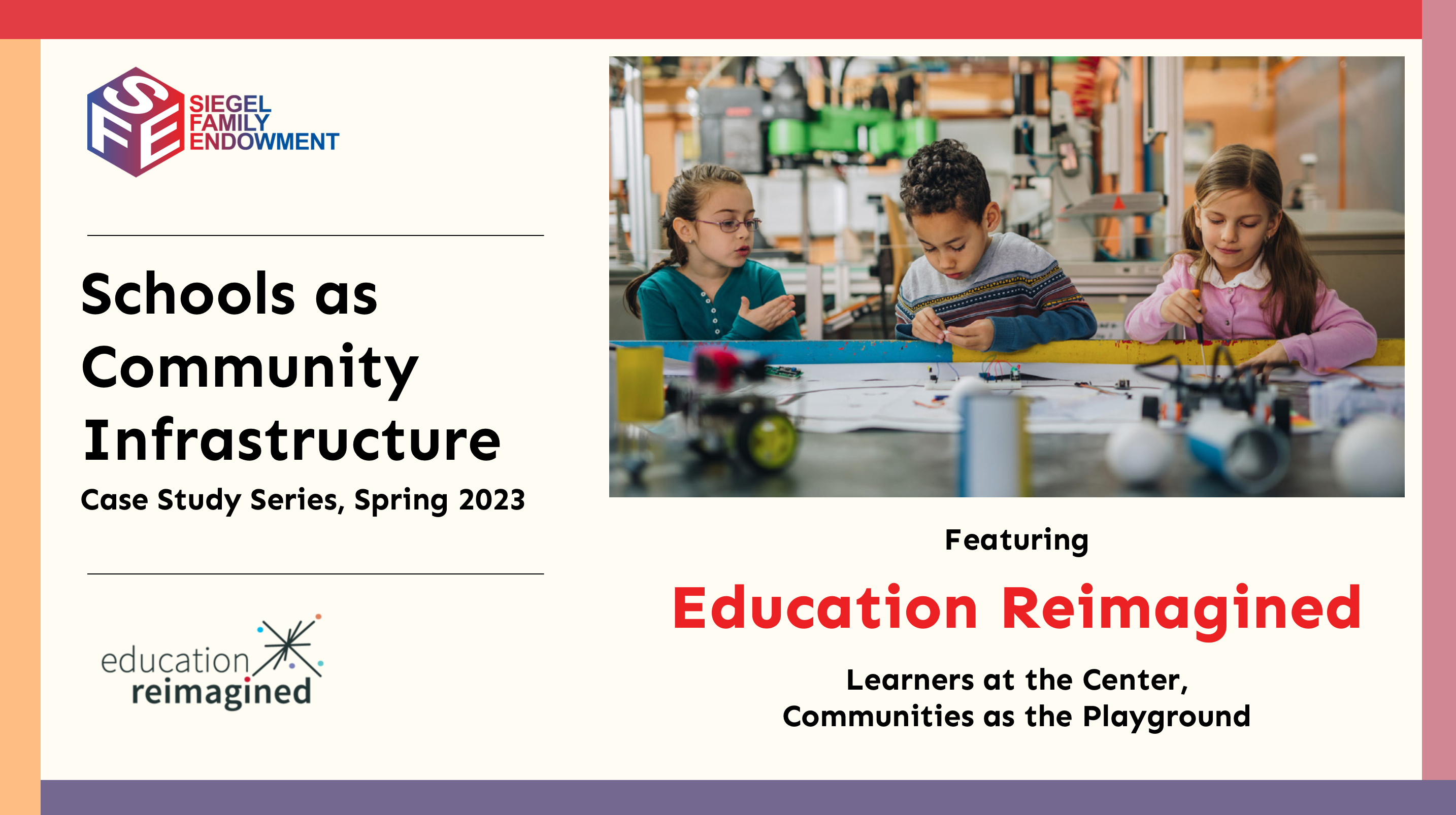
At its best, a school is a place where students and young people have the opportunity to explore, think creatively, form social bonds, and learn about the world around them. To help make this vision a reality, Education Reimagined focuses on making learner-centered education available to each and every child in America.
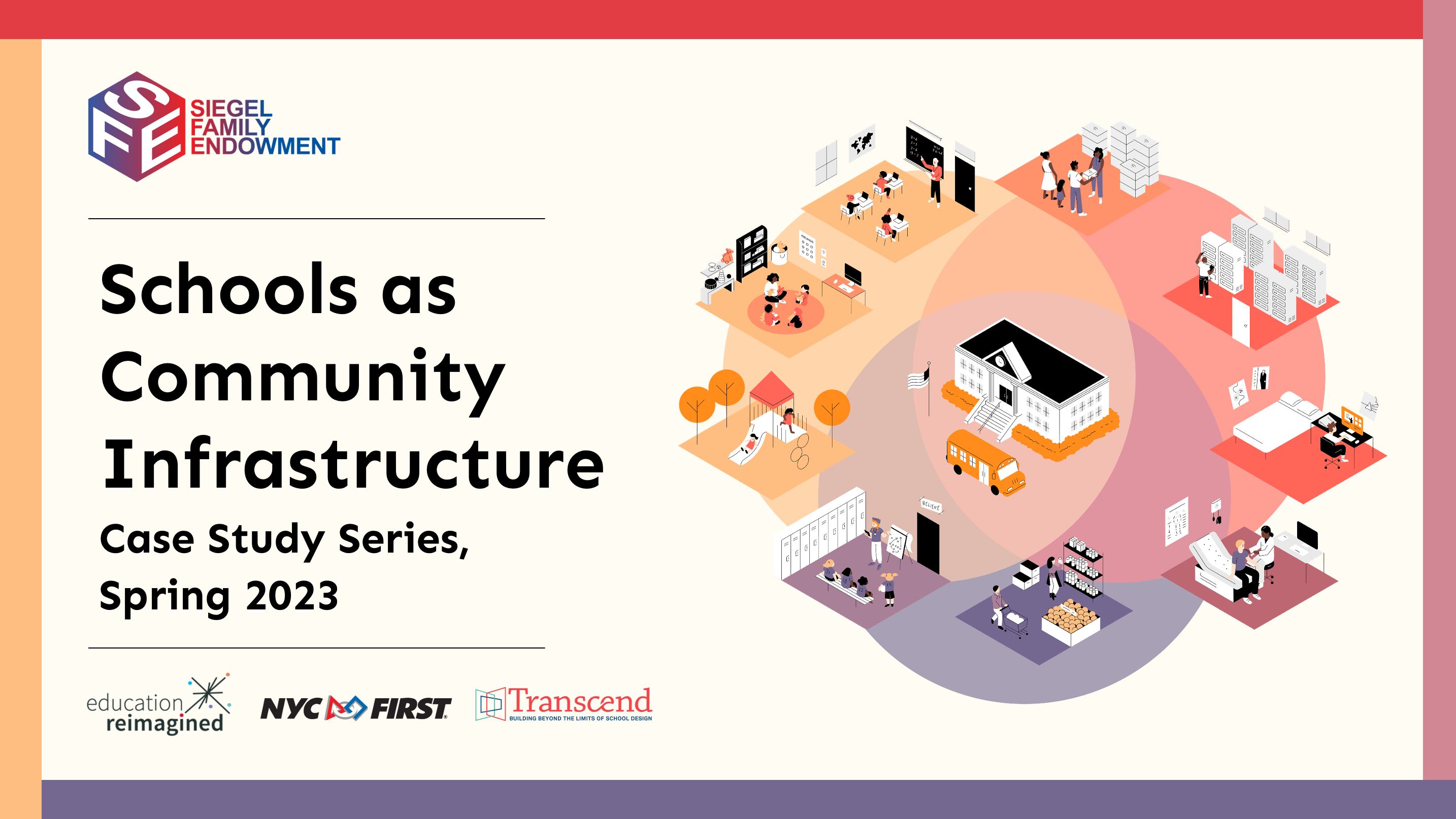
While the summer months offer an excellent window into how schools and communities come together to jointly grow and teach our young people, these collaborative efforts ought to exist all year. It is against this backdrop that we elevate three organizations seeking to redefine the relationship between school and community, in ways big and small.